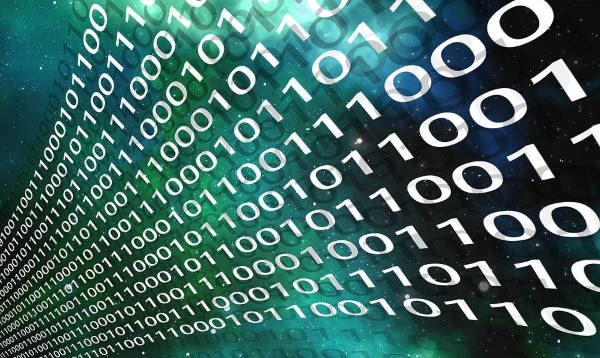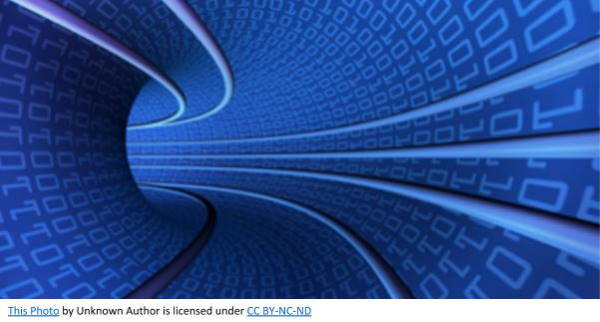Movies tend to lead to unrealistic depictions of jobs. With jobs in the financial sector, Hollywood portrayals tend to focus on nefarious deals or dramatic trades. The broker is often depicted as sagacious and prescient, able to make decisions with their gut. It’s as if financial investment is a sport, and the trades are the big plays.
As with other industries, the truth is a little more boring than what the movies would have you believe. However, there is one more glaring misstep here; namely, the movie industry has exaggerated the role that humans play in making trades.
We are talking about the idea of trading automatically, or automated trading, which has permeated all areas of the financial industry. Estimates vary, but a majority of shares traded on US stock exchanges, for example, are carried out by automated trading systems.
Automation changing finance
Moreover, all the signs are that automated trading is going to become more influential. Just this year a major Wall Street bank, State Street, cut 1,500 jobs in a drive to focus on automation. However, what was most interesting about this development was that the job cuts were more concentrated on senior management than any other department.
The idea of workers being replaced by machines is, of course, another trope that has been brought about partly by the movies. Yet, once again, it is also misunderstood. Indeed, there are some studies that show automation will create more jobs than it will destroy.
However, it’s probably more apt to say that automation will change the nature of jobs, or more aptly, change the idea of wealth creation. Even today, social trading platforms offer automatic and copy trading tools. These allow new investors to enter into the world of investing and trading in financial products, even if they did not have the means or experience before.
Is it just as easy as putting your funds into an account and then sit back and watch the profits roll in? Not really. Automatic trading is a broad term, and as with all forms of trading, it carries an element of risk. Yet, as you might expect, automated trading systems are getting smarter and easier to use.
Big data will change investing
None of this means to say that automated trading systems work without any human input. They are customizable, and most often set out to rules defined by experienced and successful traders. But once those parameters have been set, they are able to work without some of the flaws that we humans carry when it comes to investing wisely – emotion, discipline and human fallibility.
Of course, arguably the most important element of all is the way automated trading applications are able to process huge amounts of data in order to execute the smartest trades. Put simply, the capability of automatic trading through the use of algorithms will continue to grow, while the limits of human capability will remain the same.
Perhaps more so than any other industry, the financial world seems primed for an automated future. It dominates the conversation among those involved in financial technology. What will that mean for finance jobs? What will that mean for the global economy? Nobody truly knows, but it’s more likely to be part of changing world in which we look at jobs differently. Whether or not that turns out to be a good thing remains to be seen.













